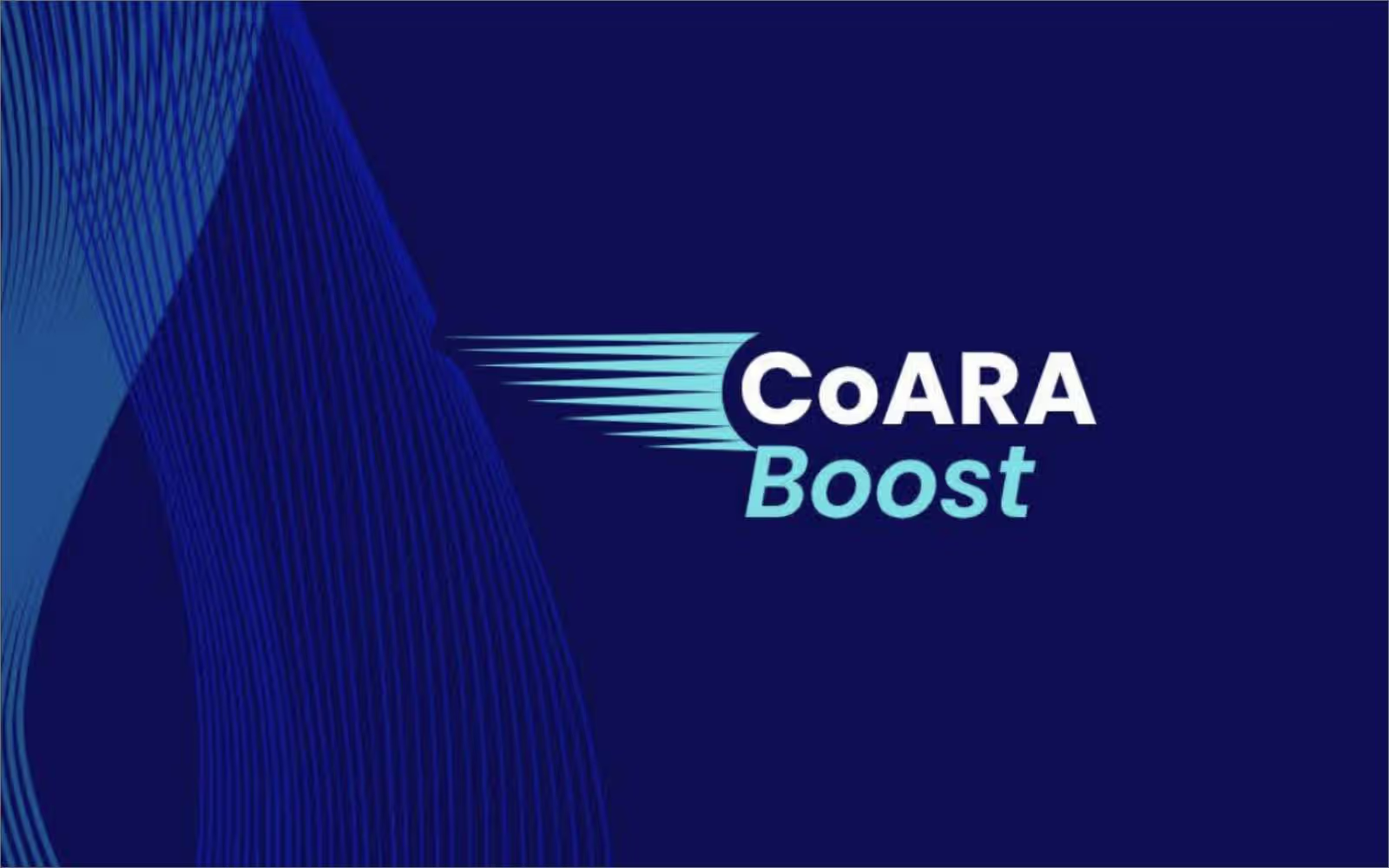
Connect to Researchers and Societal Stakeholders
ECIU offers support and several incentives for researchers. Explore new research ideas. Collaborate with ECIU partners and societal stakeholders. Get hands-on support from the European Strategic Project Office, connect via the R&I Hub and receive tailor-made information on new policies and calls via the ECIU Brussels Office.
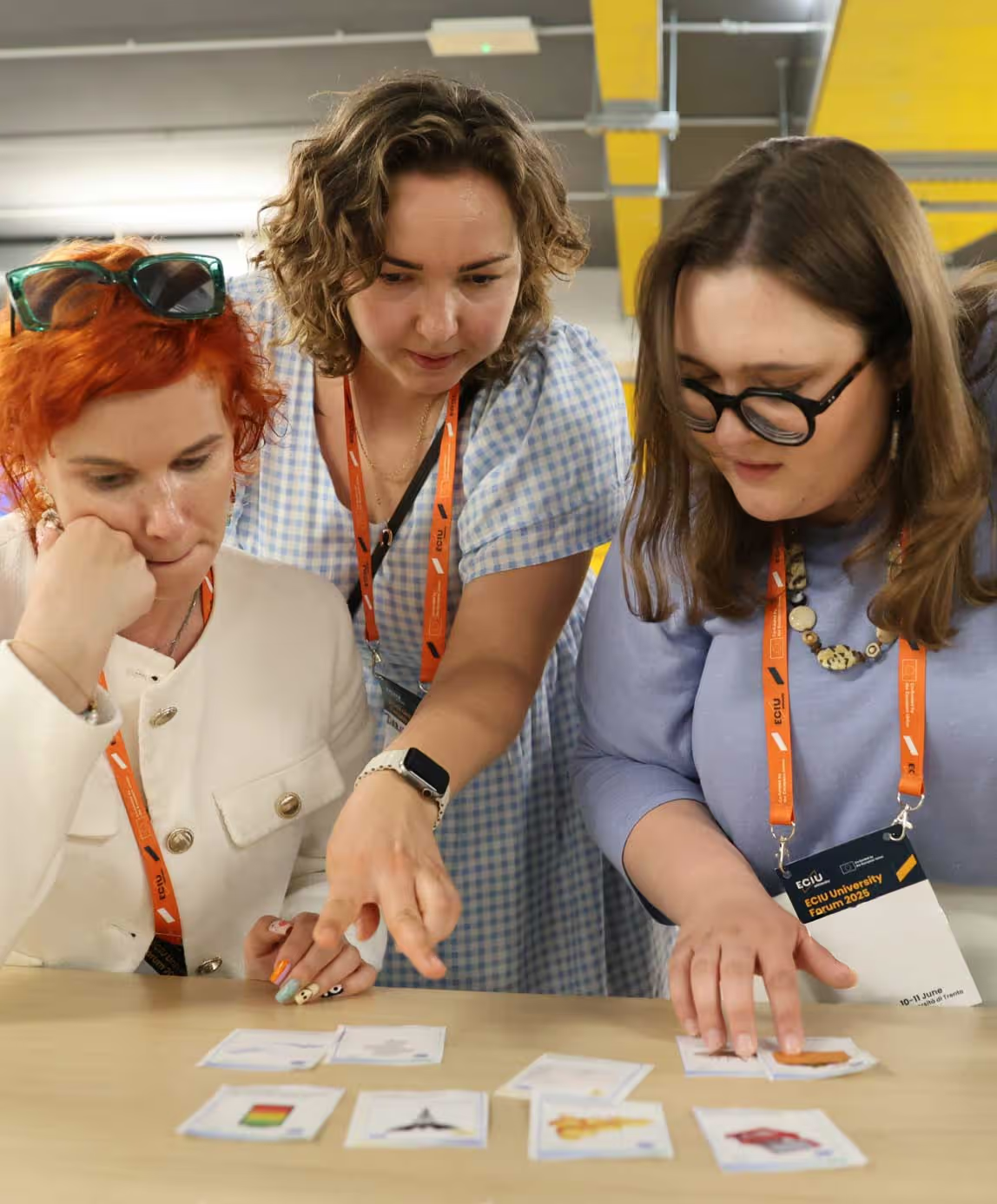
We Create Impact For Researchers
Hear how ECIU transformed our research journey.
“ECIU has a lot to offer to scientists - from access to a large network to niche funding opportunities. We strongly believe in fostering joint research and try to promote tools for all our researchers."


“Through collaboration and feedback from external stakeholders, our researchers get to see the real impact of their work - on both the community and the industry.”
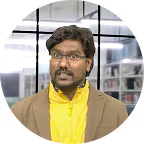

“The ECIU Research Labs foster collaboration across disciplines and countries and empower researchers from across the ECIU to transform ideas into impactful projects that address Europes most pressing societal challenges.”
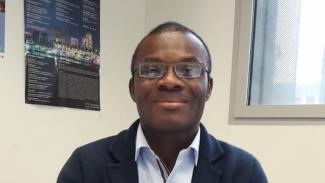


How You Can Take Part in ECIU as a Researcher
Unlock a world of funding opportunities tailored for researchers. Access grants, scholarships, and resources to elevate your projects.
Go Abroad with the ECIU Researcher Mobility Fund
Gain up to 5k grants to promote interactions and strengthen research collaboration among researchers across all member institutions of ECIU.
Collaborate on a Proposal for the ECIU Seed Programme
The ECIU Seed Programme funds interdisciplinary, intersectoral projects focused on tackling real-world challenges like citizen science, energy sustainability, circular economy, transport, and resilient communities.
Join the Leadership Development Programme
The programme offers 20 participants drawn from the ECIU member universities a possibility to learn from their personal experience. The seminars are hosted every year by three different ECIU universities.
Connect and Stay Tuned with the R&I Hub
The Research and Innovation Hub provides you with tailor-made information on research calls and new connections across the partner universities for joint research activities.
Join 1,300 Researchers from ECIU!
Get Support from the ECIU European Strategic Project Office
ECIU’s Strategic European Project Office (SEPO) pools fundraising expertise across ECIU partner institutions. Grant experts and writers for education, research and innovation calls collaborate in SEPO and are there to support you.
Receive Tailor-Made Information from ECIU Brussels
The ECIU Brussels Office is your gateway to the heart of European policy developments. We keep ECIU partners informed, connected, and strategically positioned within the European Research, Innovation, and Education agenda.

Unlock Networking Opportunities at the Research & Innovation Hub
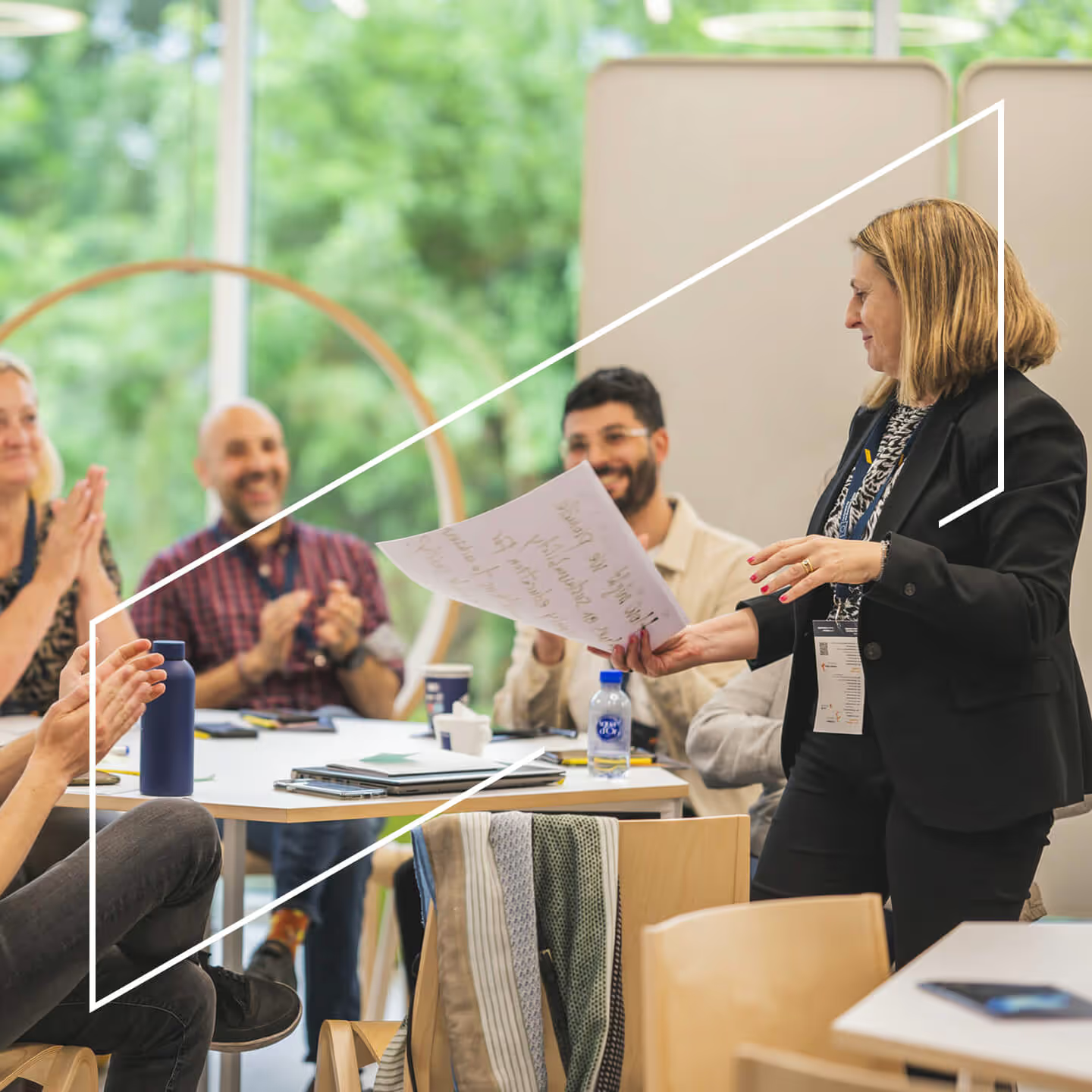

Explore Our Joint Projects
Researchers’ Questions About ECIU and its Offerings
Becoming a Research & Innovation Hub (R&I Hub) user


The R&I Hub is a space dedicated to researchers from ECIU institutions and their stakeholders. At this moment, it's not possible for individuals outside the ECIU community to join the Hub.


It is very easy! Through this online form, eligible users can enter the requested data. Please use only a valid institutional email address from one of the ECIU member Institutions. Once the online form is submitted, an automatic email with the details on how to access the R&I Hub will be sent.


The R&I Hub is built in a SharePoint and Teams environment. Therefore, the use of the Microsoft Teams application to access the Hub is required. Nevertheless, the Hub is also accessible via browser in SharePoint. When accessing via browser, ensure to use a different browser than the one used for daily institutional affairs and accounts, or create a new profile in a browser of your preference.


As this is a Teams-based environment, multiple channels are available (some might be hidden) and most entries are located in the ‘General channel’. Sections such as ‘Posts’, and ‘Files’ (with relevant documents), as well as ‘Get started’ (top bar), ‘News of Funding opportunities’ and ‘Upcoming events’ are very useful in navigating the environment and finding the latest information and news. In case of issues with viewing these sections, it is recommended to reduce the screen size (zoom out).


There are currently 8 active channels: General, Circular Economy, Citizen Science, ECIU Research Labs, ECIU Teacher Education Network, Energy and Sustainability, Erasmus Plus Networking Event 2025, Transport and Mobility. These are the channels with recent activities. There are other hidden ones (i.e., Resilient communities) with fewer activities or channels that refer to past ECIU events (i.e., the Erasmus Plus-ECIU Call for Partners 2024). The channel section is a dynamic one, and is changed according to the needs of the ECIU community.


For technical and access-related problems, contact us via helpdesk@eciu.eu


For general questions, contact us via research.innovation@eciu.eu
Being an active R&I Hub user


Once you have entered the R&I Hub, remain in the ‘General’ channel and click on ‘Get started’ (top bar). On the right part of your screen, you can find the ‘News of Funding opportunities’ and ‘Upcoming events’ sections. In case of issues with viewing these sections, it is recommended to reduce the screen size (zoom out), or click on ‘Get started’ and select the browser option (click on 'Open in browser').


Of course! All R&I Hub members can post - i.e., requests for collaboration or partners’ search, and invites to events you and your ECIU institution organise.


There are currently 8 active channels: General, Circular Economy, Citizen Science, ECIU Research Labs, ECIU Teacher Education Network, Energy and Sustainability, Erasmus Plus Networking Event 2025, Transport and Mobility. These are the channels with recent activities. There are other hidden ones (i.e., Resilient communities) with fewer activities or channels that refer to past ECIU events (i.e., the Erasmus Plus-ECIU Call for Partners 2024). The channel section is a dynamic one and is changed according to the needs of the ECIU community.


You can use the general email address research.innovation@eciu.eu or you can contact laura.paternoster@eciu.eu.









